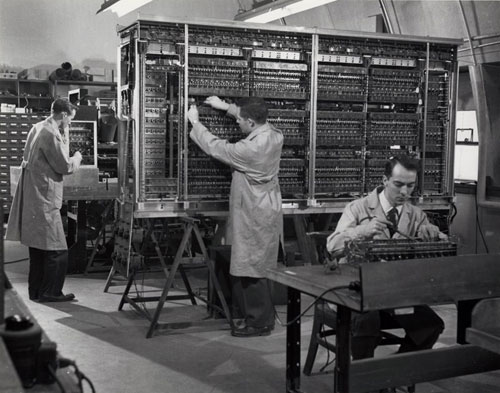
While writing this piece I searched for a definition of ‘Commercial Empathy and very surprisingly, I could not find one anywhere on the internet. Consequently, I decided to construct my own ;
“The ability to understand, share and resolve the challenges faced by potential and existing customers or organisational stakeholders”.
The accepted definition of empathy is “the ability to understand and share the feelings of another”. Without empathy it would be impossible for any of us to develop meaningful relationships with other individuals. By way of example, consider a person who focuses solely on their own needs and wants. While it is possible for them to conceal this in the short term it is practically impossible for them to do on a continuous basis.
People who lack empathy generally have a very high ‘churn rate’ when it comes to friendships, both personally and professionally. I have no doubt that the vast majority of marriages that end in divorce do so because one or other of the partners was lacking sufficient empathy towards the other and the same could probably be said of many commercial ‘marriages’ as well. Think Daimler-Benz and Chrysler…
It is estimated that one percent of a given population possess psychopathic tendencies (and consequential inability to empathise) and this rises to over three or four percent among those who operate at ‘C Suite’ level within organisations. I suspect this percentage could be higher among certain professions that are notorious for the lack of customer service. Whether it is true or not, a lot of people would consider used car sales people, politicians, recruitment ‘consultants’ and call centre employees among the worst offenders in this area, and in a lot of cases probably with good reason.

In these jobs, the chances of the employee personally having to engage with the customer more than once are few and far between particularly if they are employed in a relatively junior capacity. There is every possibility and probability that when it comes for repeat business the ‘customer service representative’ will have moved on. Consequently, it is difficult for junior employees to understand the necessity to have empathy with their customers and build long-term relationships. Unfortunately in many cases individuals can go through their entire career without ‘getting it’.
In business as in personal relationships, trust and integrity are essential. Practically all businesses exist to satisfy the need or wants of a person or organisation, whether they ‘need’ or ‘want’ the newest smart phone or a 1000kVA GenSet is irrelevant. What really matters is understanding at a very deep level what it is that your customer or potential customer really needs, wants or will want, before you introduce your product or service to them. This I would consider a fundamental component of Commercial Empathy.
Back in 1943, Thomas Watson the then chairman of IBM suggested that “there is a world market for maybe five computers” and consequently IBM where very late to the PC party. The mistake that Mr Watson made was that he was thinking about IBM’s manufacturing and technical abilities and not about the potential needs and wants of his customers. In short, he lacked commercial empathy.
To be very successful in business and ensure the long-term viability of an organisation, repeat business and referrals are essential, in almost all cases. Therefore, you have to really understand the solution that you are proposing to provide to your customers because people buy solutions, not products or services. To do this, you must invest time and effort in the business relationship and fully understand the challenges facing your customer.
Only then are you in a position to legitimately suggest how you can best help them to solve their problem. When you have demonstrated this to your qualified prospect, the ‘solution’ will sell itself. At times, very good salespeople will turn down substantial potential business because they want to retain the integrity of the relationship. They are thinking long term. They value the relationship more than the short term profits of selling a bad solution.
Remember, the customer should be for life, not just for Christmas 🙂

Leave a Reply